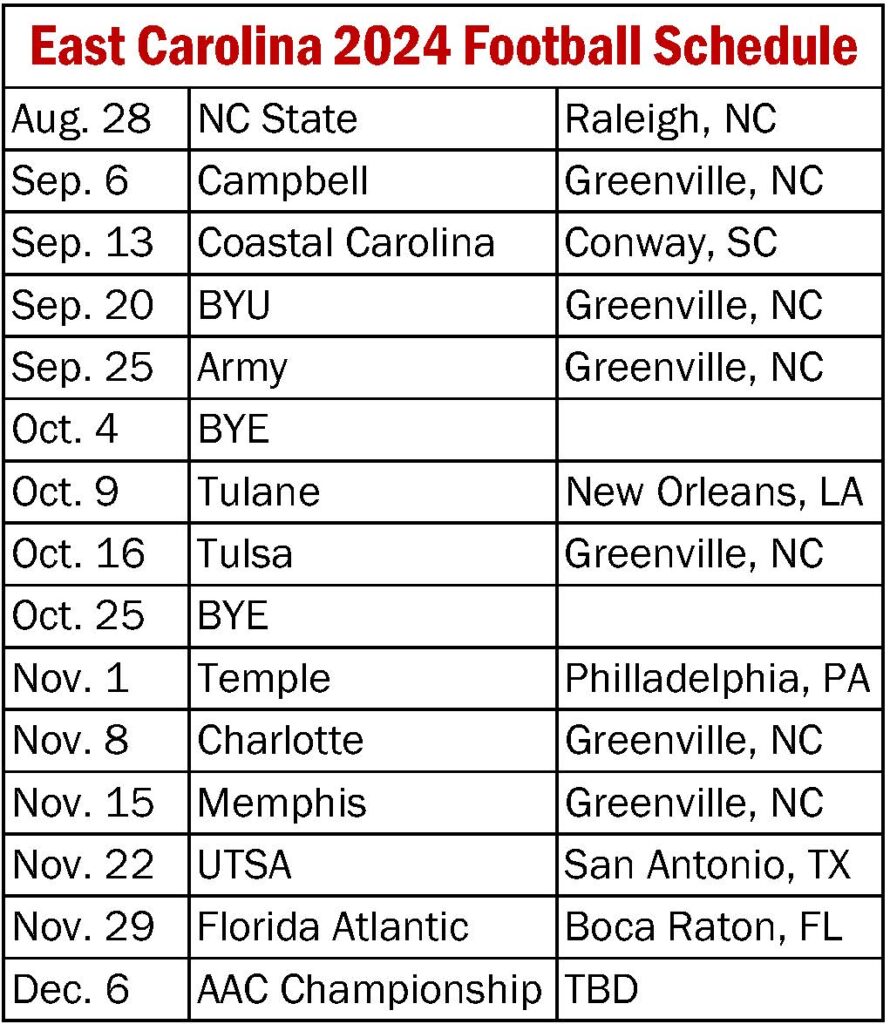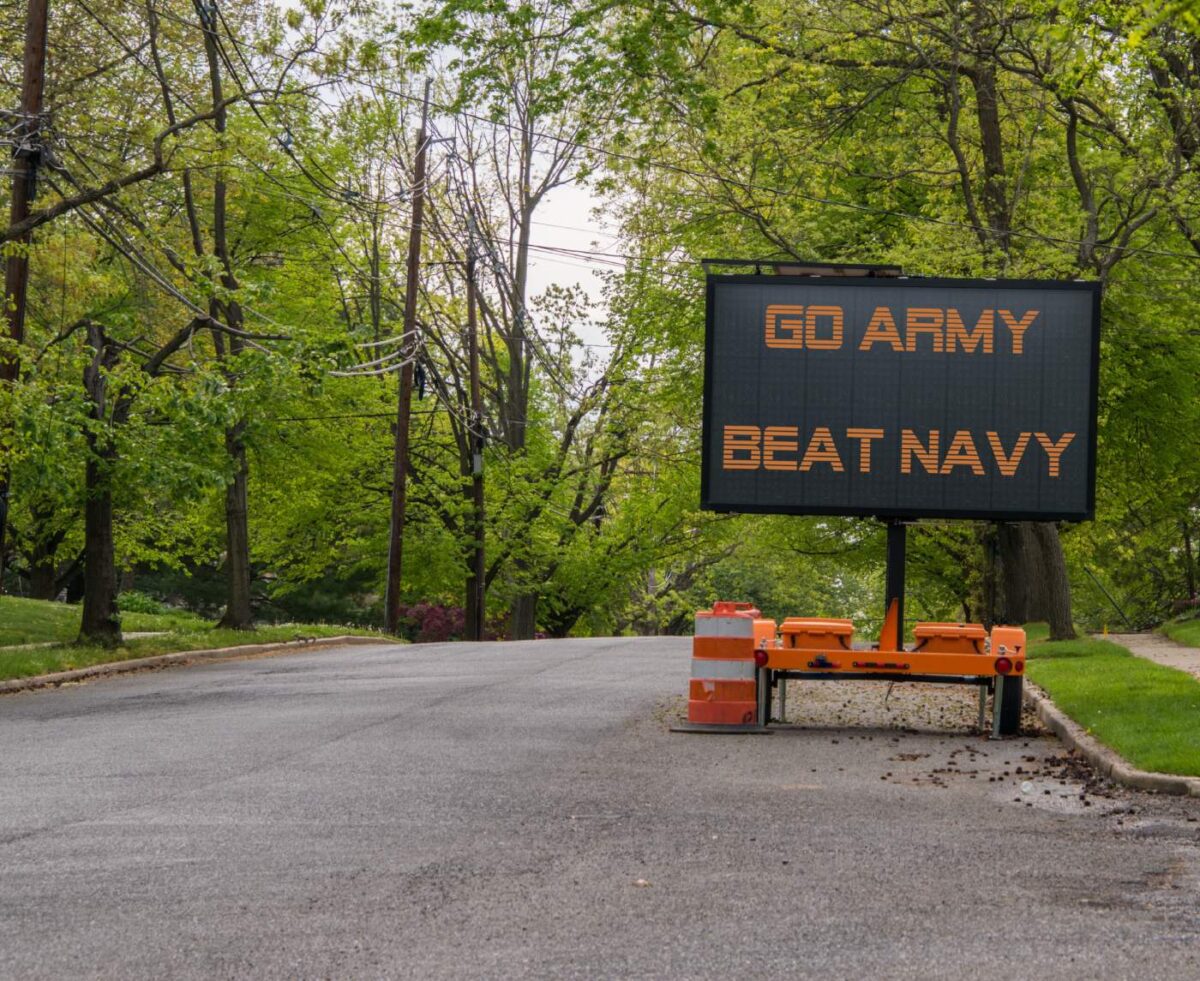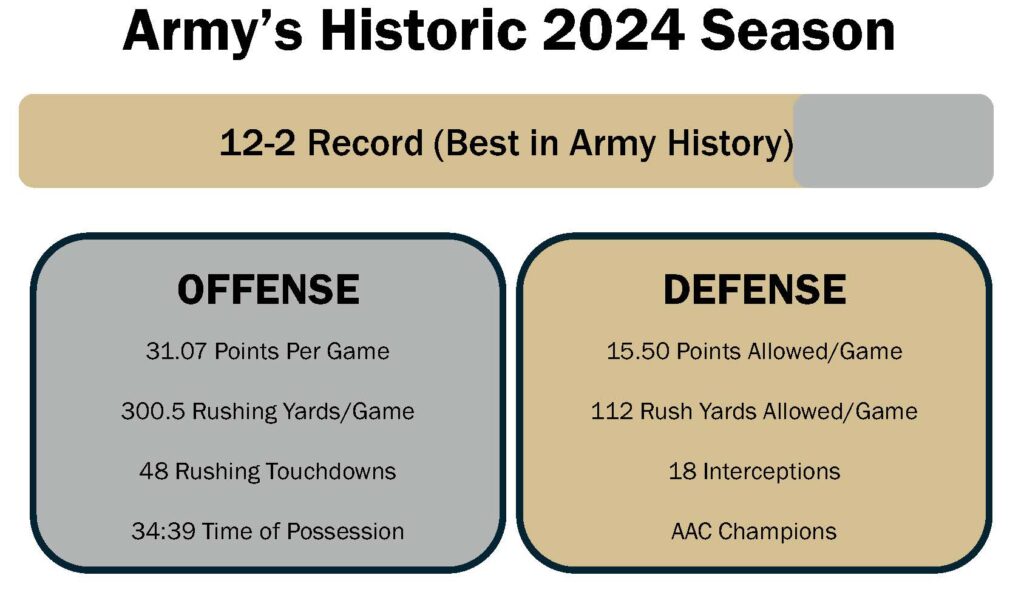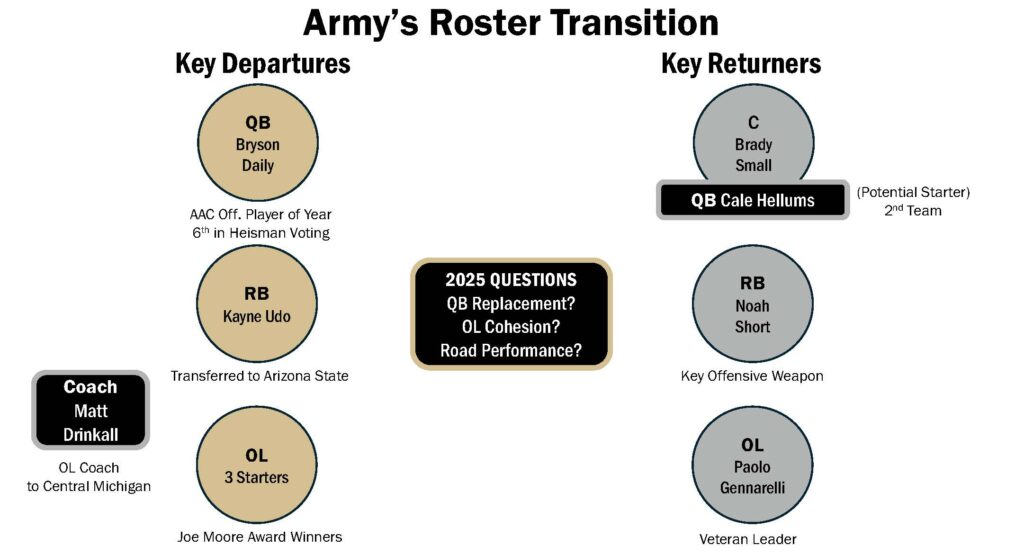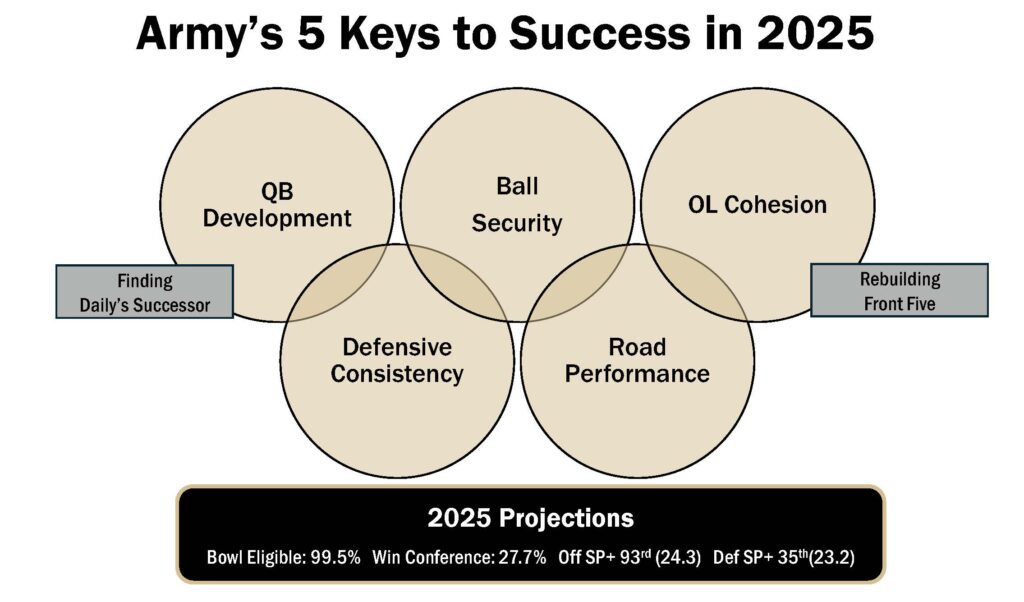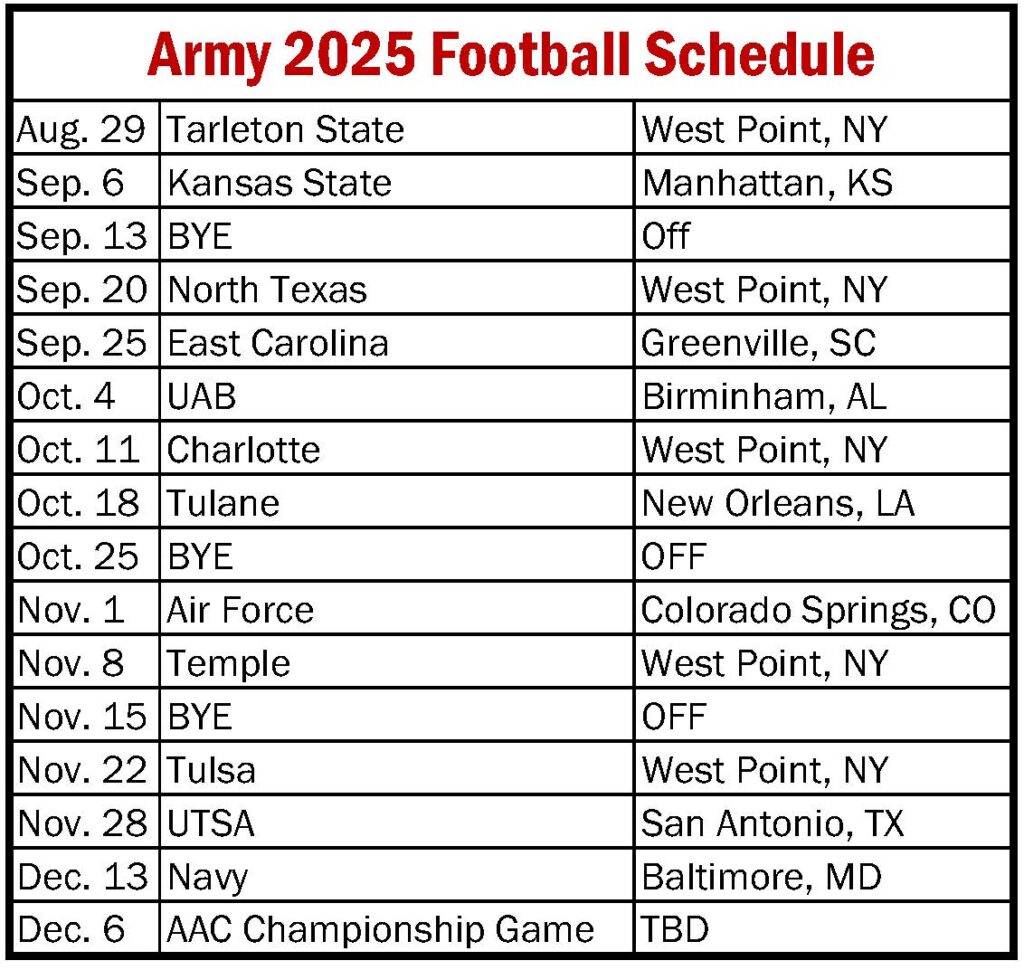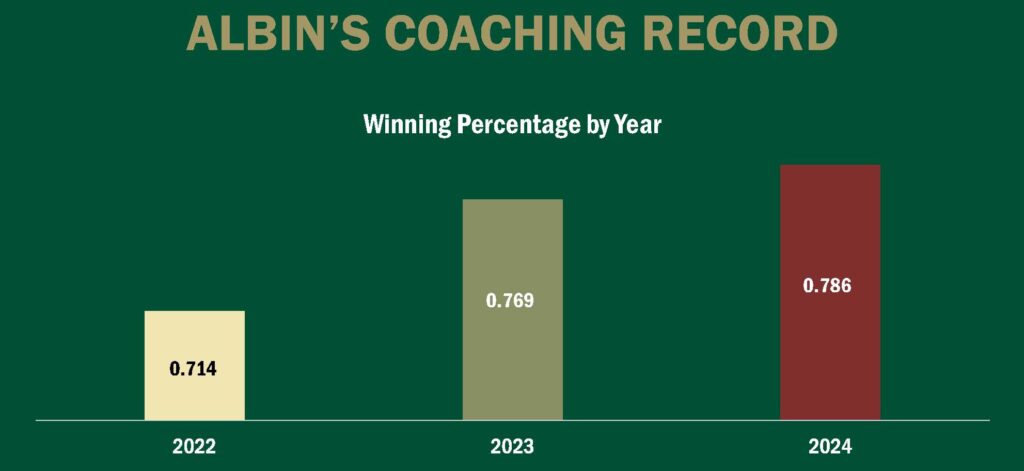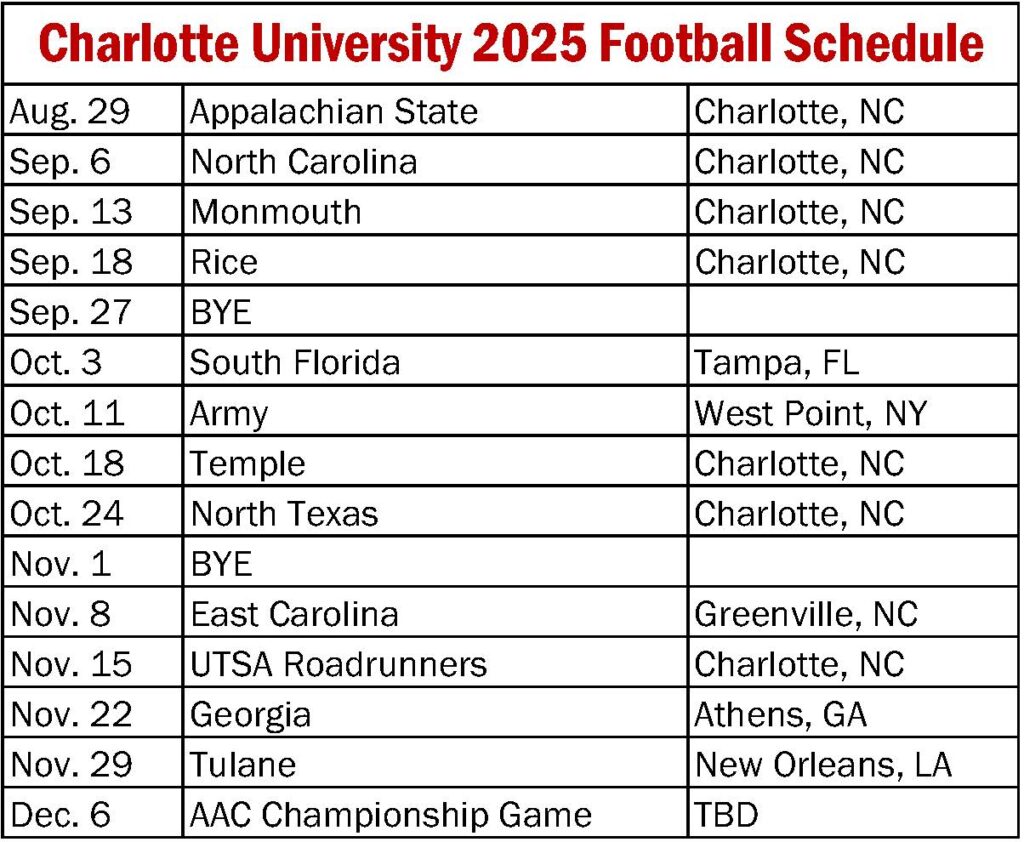Blog Article
PIRATES LOOK TO BUILD ON LATE-SEASON MOMENTUM: 2025 EAST CAROLINA FOOTBALL PREVIEW
East Carolina football’s remarkable transformation under Blake Harrell has Pirate Nation believing 2025 could be special.
The numbers tell a stunning story of what happened when Harrell took over seven games into last season:
- A team struggling at 3-4 suddenly won 5 of their final 6 games
- The defense skyrocketed to 12th nationally in defensive touchdowns
- The offense maintained an impressive 32.0 points per game
- A thrilling Military Bowl victory over NC State capped the turnaround
- Harrell earned a four-year, $1.3 million contract for his efforts
What should excite every ECU fan isn’t just what happened—it’s how quickly it happened.
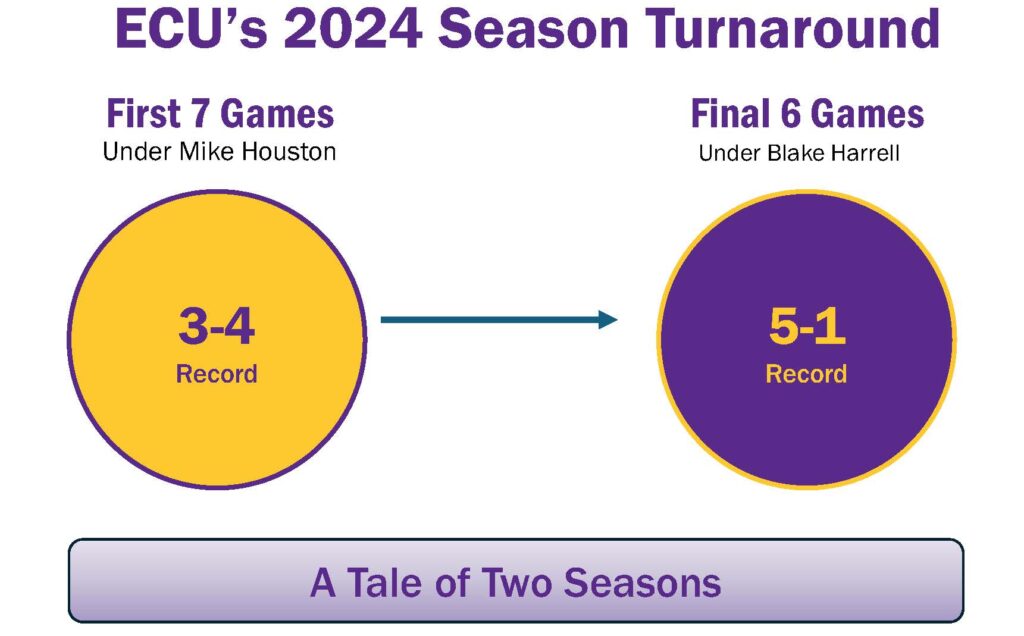
Harrell’s defensive genius unlocked ECU’s potential almost overnight
When Blake Harrell became interim head coach, the Pirates’ defense became one of the nation’s most opportunistic units.
Under Harrell’s guidance, ECU’s defense accomplished things that seemed impossible just weeks earlier:
- Ranked 13th nationally in red zone defense (0.745)
- Generated 14 interceptions (27th in FBS)
- Created 22 total turnovers (27th in FBS)
- Averaged 7.2 tackles for loss per game (14th in FBS)
- Posted a defensive play-calling efficiency of 82.9% (12th nationally)
According to your source materials, Harrell will not call plays on game day for the first time in years as he focuses on his head coaching duties—a change that might make the Pirates even more dangerous.
This defensive foundation gives ECU something it hasn’t had in years: an identity.
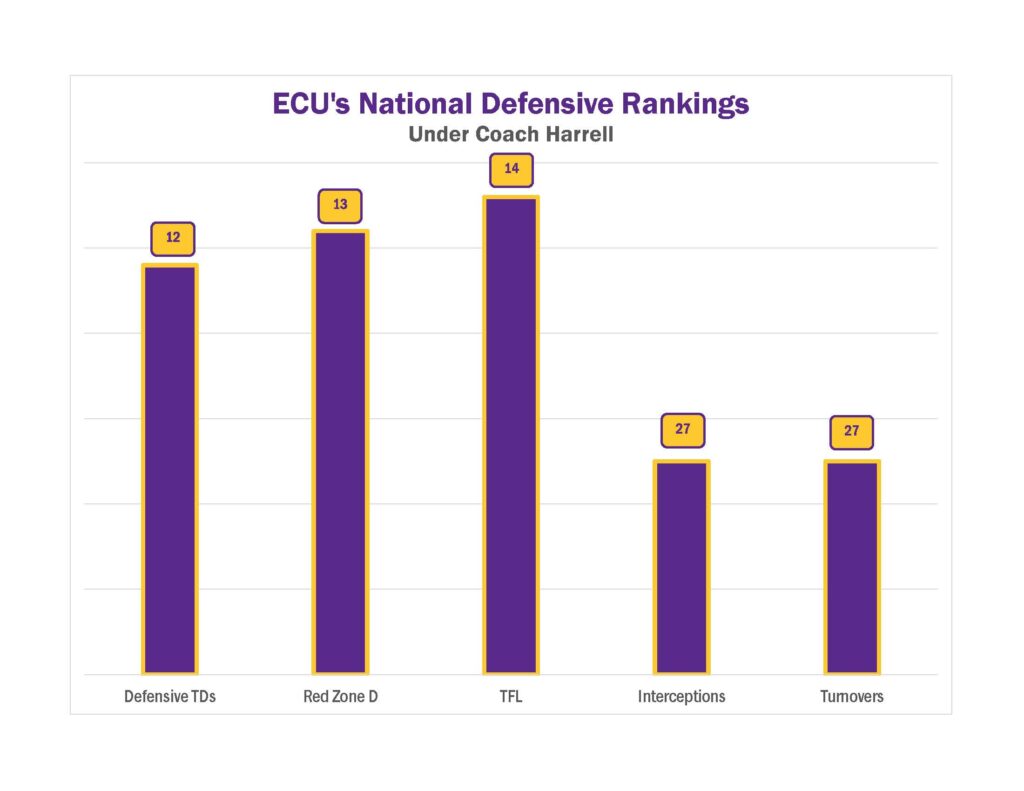
The coaching staff strikes a perfect balance of continuity and fresh ideas
Keeping offensive coordinator John David Baker might be Harrell’s most underrated decision yet.
The offensive numbers under Baker speak for themselves:
- 436.4 total yards per game (balanced between pass and run)
- 264.0 passing yards per game
- 172.4 rushing yards per game
- An offense that kept the Pirates in games despite early deficits
Meanwhile, new defensive coordinator Josh Aldridge arrives from Liberty with a reputation for aggressive schemes that complement Harrell’s philosophy.
This balanced approach—keeping what works while upgrading what needs fixing—suggests a coach with clarity about his program’s direction.
Every championship team must overcome its fatal flaws
What stands between ECU and true AAC contention isn’t talent but consistency.
The Pirates’ most glaring weaknesses from 2024 must be addressed:
- A turnover ratio of -8 (including 23 interceptions) killed promising drives
- Early-game struggles led to uphill battles (most notably a 31-0 deficit against Army)
- Defensive lapses appeared even during the late-season surge
- Quarterback decision-making remained inconsistent despite productive yardage
How Harrell attacks these issues during spring and fall camp will determine whether ECU can challenge the AAC’s elite.
The transfer portal has become ECU’s secret weapon
While some programs struggle with the new transfer reality, the Pirates have embraced it as a competitive advantage.
Harrell’s staff added 15 impact transfers who could transform the roster overnight:
- Former 4-star Oklahoma receiver Jaquaize Pettaway brings elite speed
- FCS All-American defensive back Jordy Lowery adds proven playmaking
- Maryland transfer Kyle Long immediately strengthens the offensive line
- Western Carolina transfers bring championship experience to Greenville
Combined with the AAC’s 4th-ranked recruiting class, which features 38 signees, the talent infusion gives ECU its deepest roster in years.
Seven 2024 bowl teams await on a schedule built for national attention
The Pirates won’t sneak up on anyone in 2025.
ECU’s challenging schedule represents both opportunity and obstacle:
- A season-opening rematch against NC State offers immediate revenge
- Three 2024 Top 25 teams (BYU, Army, Memphis) provide measuring-stick games
- Seven opponents reached bowl games last season
- The AAC slate includes improved competition across the board
For a program seeking respect, this schedule provides the perfect platform.
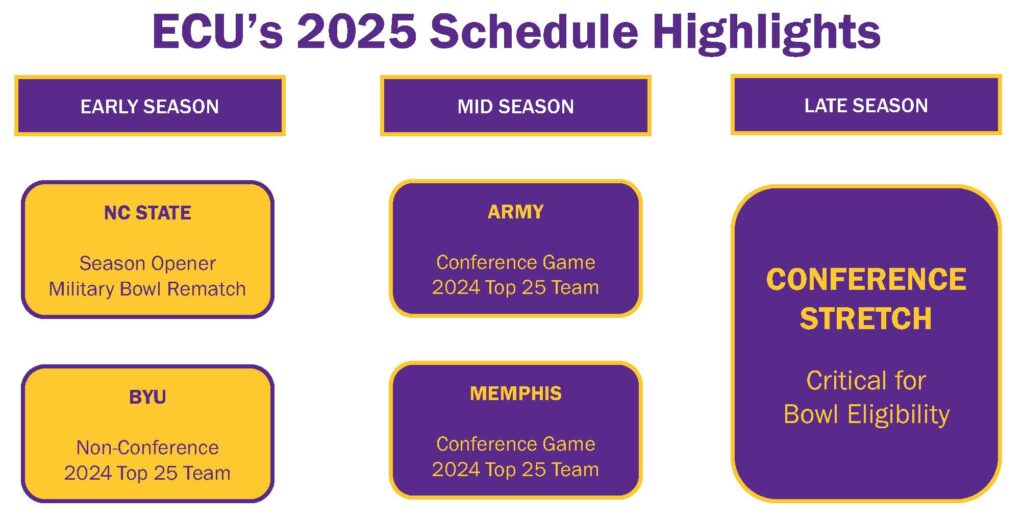
Why 2025 could become a breakthrough season for Pirate football
Everything about ECU’s program is pointing in the right direction.
The foundation Harrell established in just six games as interim coach—winning five—suggests a program that immediately responded to his leadership style. Expectations should be higher, not lower, with an entire offseason to implement his complete system.
College Football News currently ranks ECU 8th in its pre-spring AAC evaluation, but this team seems positioned to exceed outside expectations.
If the Pirates can solve their turnover issues and maintain the momentum from their bowl victory, 2025 could mark East Carolina’s return to conference championship contention.
After years of searching for direction, Pirate Nation has a clear vision of what ECU football can become.
Become an Insider
Don’t miss another deep dive into college football’s most crucial storylines and program developments. Our team-by-team analysis gives you the insider perspective to understand where each program is headed in 2025 and beyond. Subscribe for free now to access our comprehensive breakdowns, exclusive hot seat rankings, and in-depth conference analysis delivered to your inbox. Join thousands of college football insiders who trust Coaches Hot Seat to keep them ahead of the game. Hit the link below to unlock all our premium content and never miss another update.
